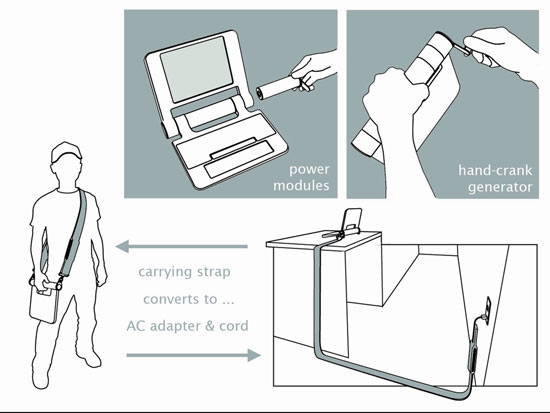Is broadband a right?

I can't go as far as Charles Cooper and call broadband a right.
But it is a necessity, the first essential to membership in the 21st century.
I learned this over the last week. Last Friday a thunderstorm knocked out my own broadband. It took me a week to restore service. I did report in a few times, from "free" WiFi "hotspots," and learned in the process that "free" WiFi is actually the most expensive you can buy. I bought food and drink I had at home, spending an average of $10 for each two-hour session.
I was grateful. Without broadband I was out of business. I was also out of touch -- with the world, with my friends, with colleagues. My son lost his most valuable research tool. My daughter lost her favorite stories. My wife actually had to drive to work.
I was plunged forcefully into an earlier time, into another century. Yes, it was the 20th. But I could only exchange information by talking to people, on the phone. My grasp of information was limited to newspapers and TV. (OK, cable.) I was starving.
When something shifts from being optional to a necessity, however, subtle changes occur, not all of them good. We do pay for necessities, of course. We pay for food and housing, for electricity and heating. We pay for medical care. But notice that with each of these necessities there is extensive government involvement.

But broadband by itself is nothing, which is where the subject of this blog comes in. For broadband to be useful we need hardware and software. Hardware is a commodity, its pricing subject to Moore's Law. Software can be acommodity, when it's open source. When it's proprietary, it's something else entirely. (Have you priced Microsoft Office lately?)
Nick Negroponte wants to mass produce computers, running Linux, that will cost just $100 each.(There it is at right, from News.Com's September coverage.) It is based on two premises. Cheap ubiquitous broadband is one. Open source is the other.
Before you pooh-poof all this, please, take the experiment I took this week. Live for a while in what I'll call the 1987 house. See how you like it. Then get back to me.
Via e-mail, of course.